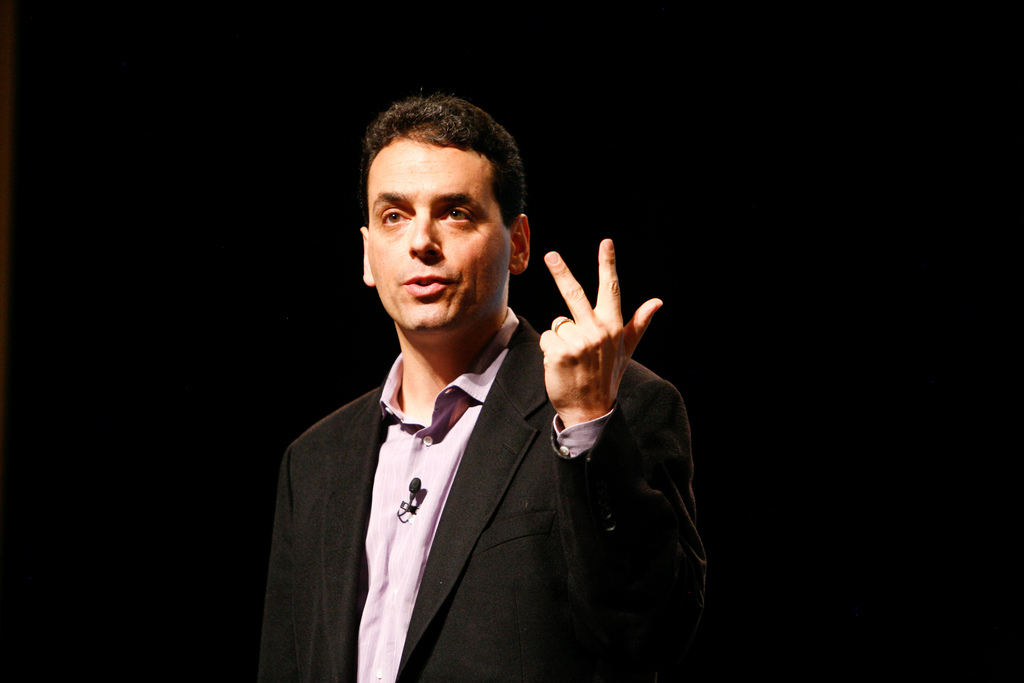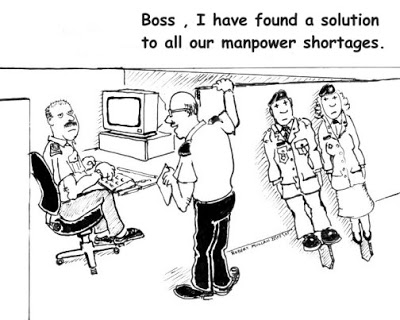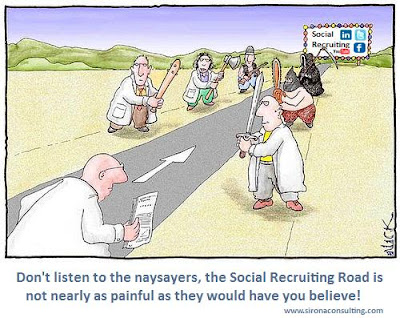If you’ve never heard of Sir Ken Robinson, you obviously haven’t followed the TED series of inspirational talks.
A renowned thinker in the the “development of human potential”, Robinson spoke about the need to reinvent education to better develop the diverse talents, aptitudes and passions of individuals all over the world.










